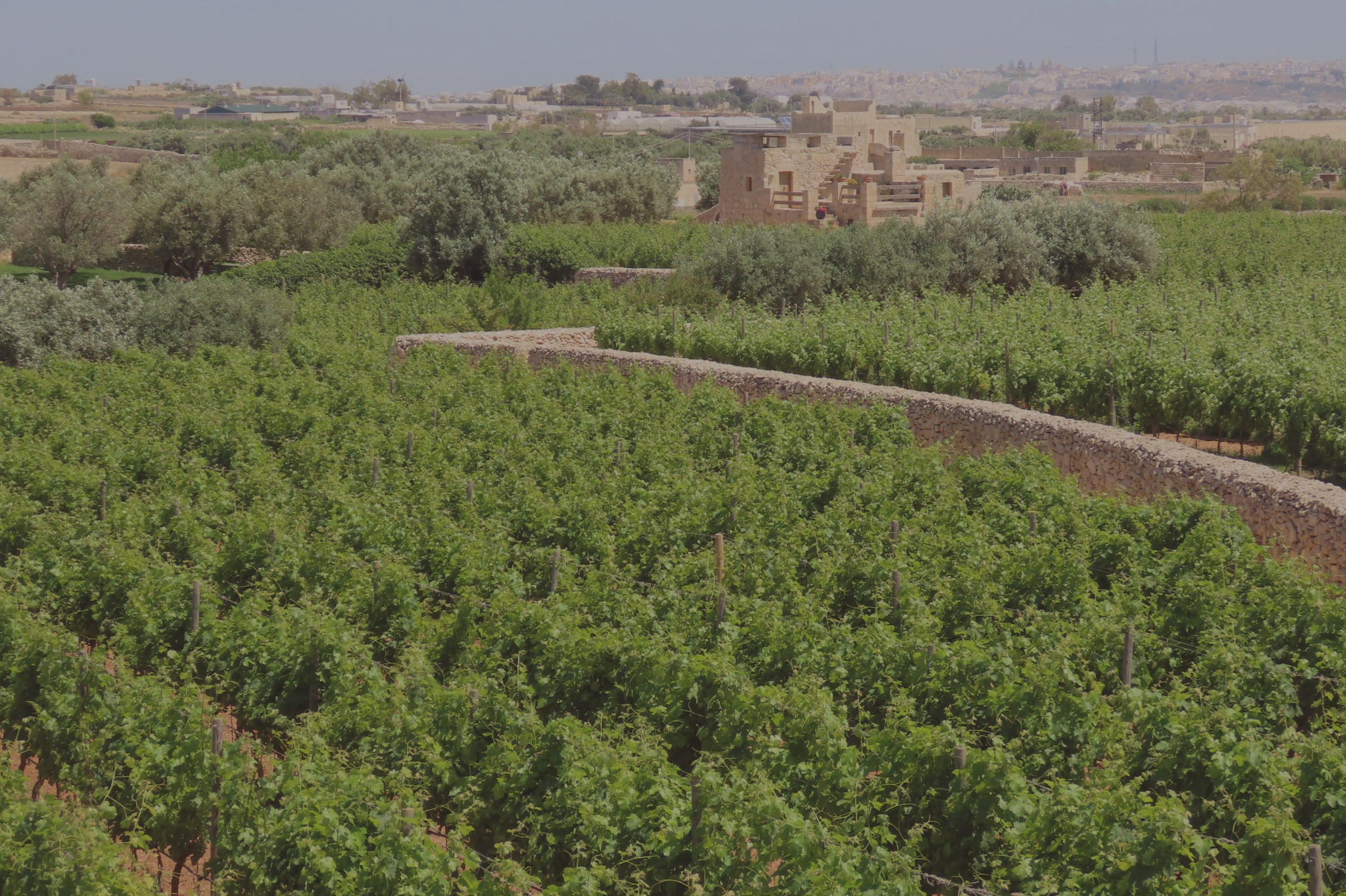
Vintage Twenty-Twenty Four

Beyond Balance: Why Horeca Needs Work-Life Satisfaction, Not Just Work-Life Balance
January 4, 2025
Towards a Better Managed Tourism
January 7, 2025The 2024 growing season can best be described as extremely hot and dry, a climatic trend that has become increasingly pronounced in recent years.
Across the Mediterranean, including Malta, growers have observed warmer conditions and reduced precipitation, and the effects are becoming more severe with each passing year.
This shift in climate became noticeable over the past decade, with growers in the region reporting a steady rise in temperatures and less rainfall. Malta, positioned in the heart of the Mediterranean, has felt this impact acutely.
According to the Malta International Airport's Meteorological Office, the 2023-2024 precipitation year was the second driest on record, with only 249.8 mm of rainfall—an alarming 295.5 mm below the climatic norm. Temperatures also continued to rise, with last summer exceeding the climatic norm throughout its three months.
The grapevine, a deciduous plant, requires a cold winter period to enter dormancy, an essential part of its natural cycle. However, last winter's warmth disrupted this, with almost no cold period for the vines to rest.
As a result, they sprouted earlier than usual, and throughout the spring, their growth stages remained ahead of schedule.Spring also stayed warm and dry, with no rainfall, forcing growers to begin irrigation sooner than expected.
On the positive side, this dry weather prevented fungal diseases from thriving, and growers reported healthy vines free from disease throughout the entire growing season with little or no intervention required from their side.
Harvest was also early when compared to previous years, and as it had already been estimated earlier, grape production had been significantly impacted, especially for the international white grape varieties - reasons being attributed to warm winter and the dry weather conditions throughout the whole growing seasons.
The decrease in production ranged from 25 to 40% in most vineyards across the islands.
Despite the reduced production, the grape quality benefited from the hot and dry conditions. As harvest began, winemakers were greeted with grapes of exceptional quality, both white and red, with excellent acidity and high sugar levels.
The heat during summer also contributed to very ripe and excellent polyphenols, which are of paramount importance for red wines especially those destined for barrel ageing.
Although the 2024 vintage saw a marked decrease in volume, it promises to deliver some remarkable wines across the various styles produced by Maltese winemakers. Now that most work on 2024 vintage has finished, the wine will slowly start to mature and evolve enhancing the characteristics of the grape.
Meanwhile, growers are already preparing for the next cultivation year, hopeful for a more balanced climate with plentiful rain to replenish the soils and a cold winter to give the vines a much-needed rest before the new season begins.

Darren Borg
Darren is Chief Agricultural Office within the Agriculture Directorate. Graduated from the University of Udine, Italy in Viticulture & Oenology. Has 19 years experience working in the Agriculture Directorate, with 3 of these working directly on wine. Presently Head of Unit at the National Viticulture and Oenology Centre in Buskett (Dingli).
Click here to see Horeca Issue 18 online



